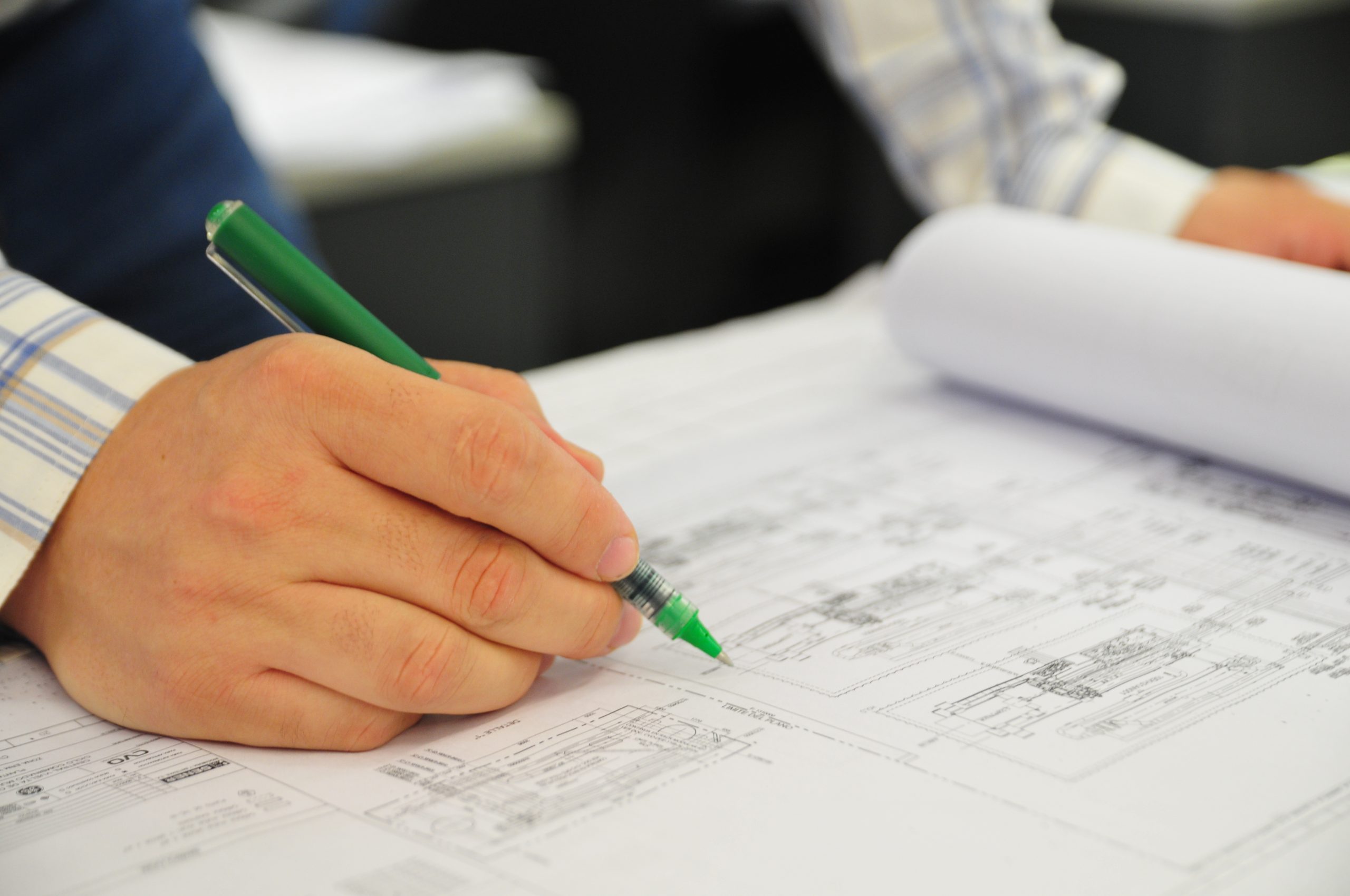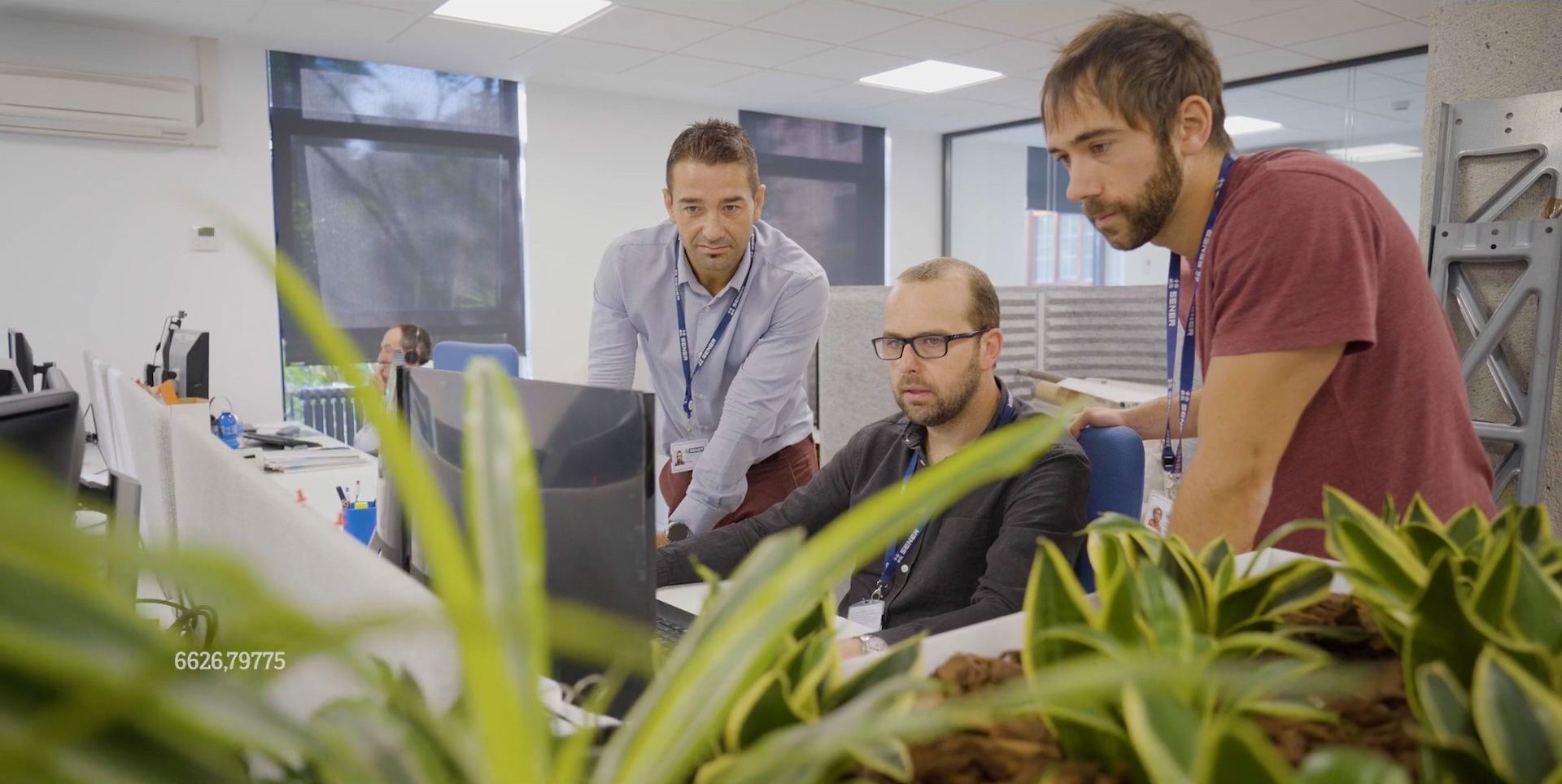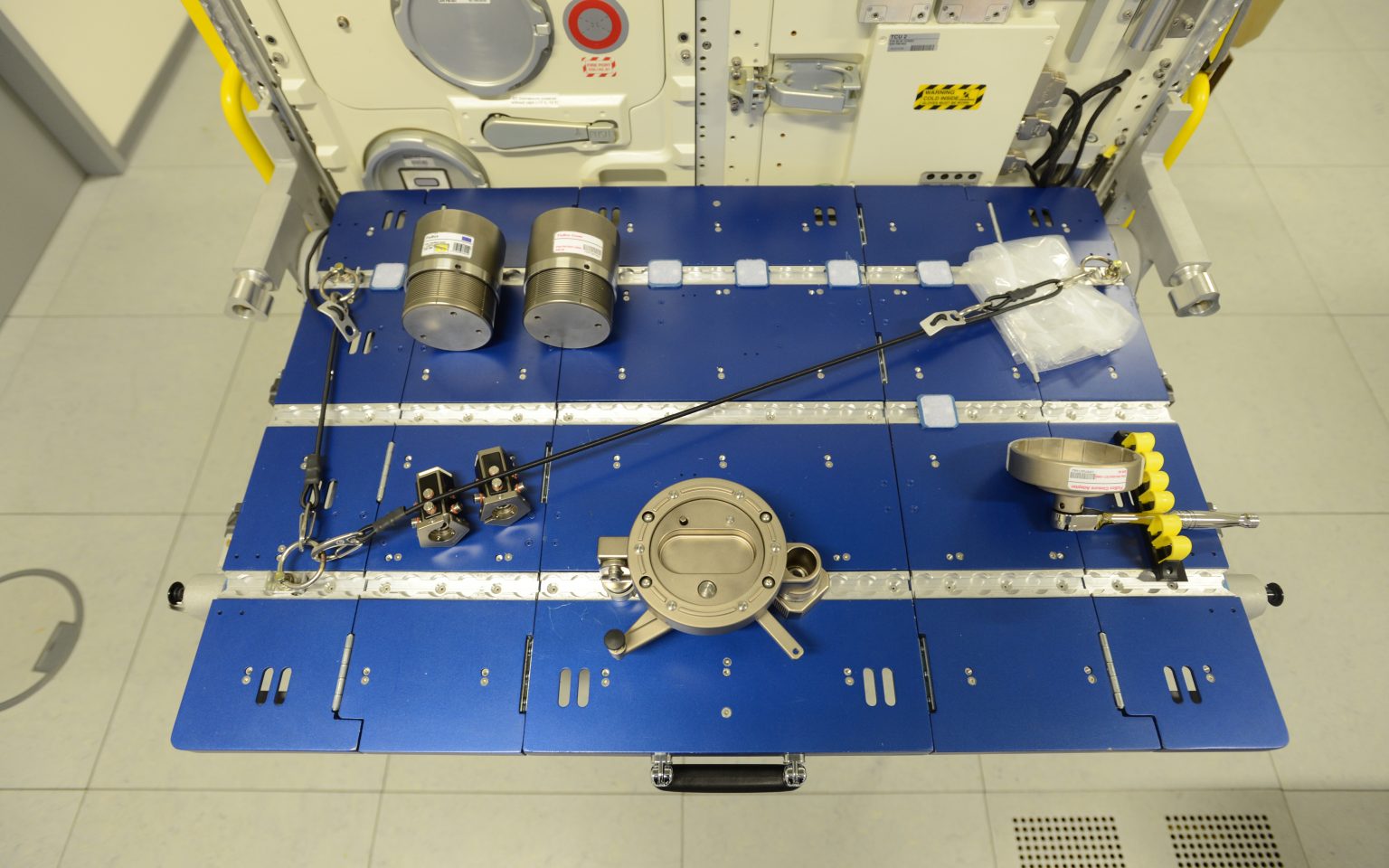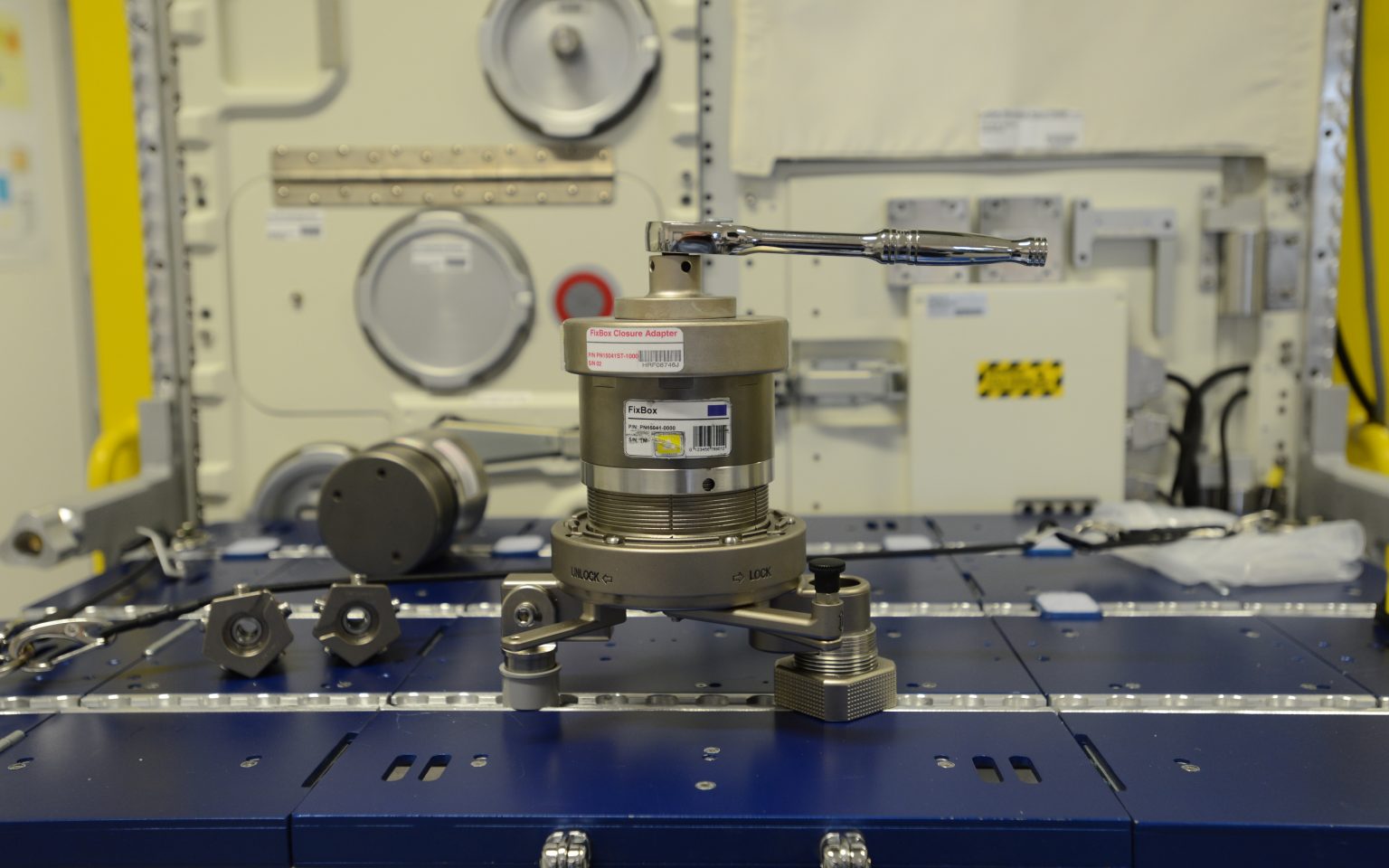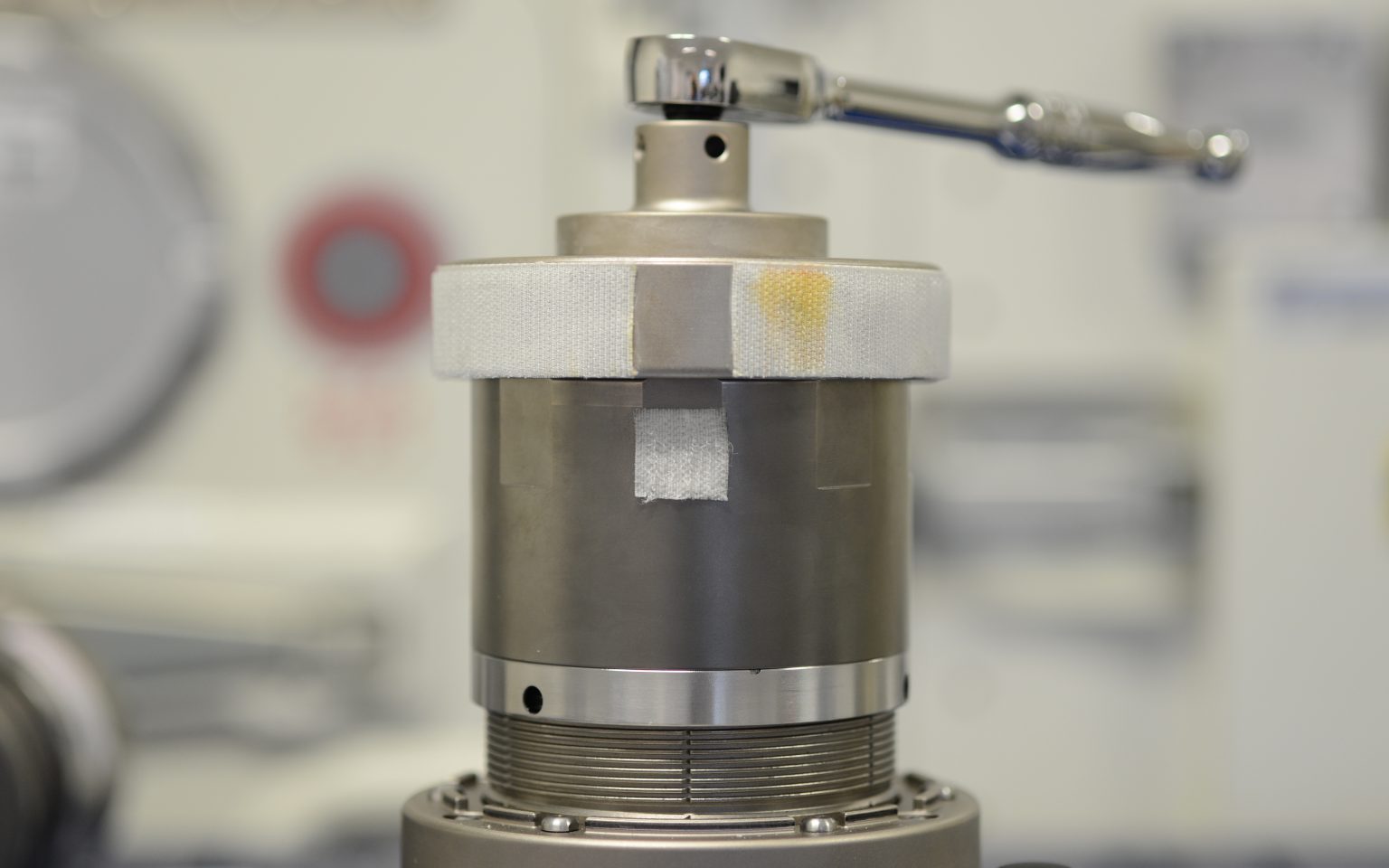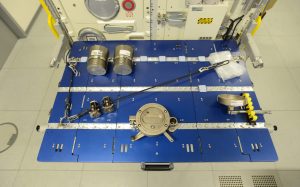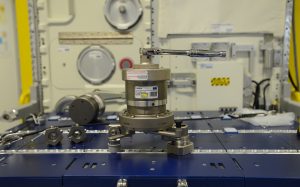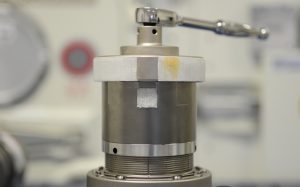Fixation Box (FixBox)
The FixBox is a piece of equipment used in the International Space Station (ISS) for vegetal biology experiments.
This is a joint NASA and ESA research project consisting of investigating the growth of Arabidopsis Thaliana seeds to study the effects of microgravity and light on their development. It will be carried out in the European Modular Cultivation System of the Columbus module and will use experiment containers and cartridges developed by NASA for a previous experiment.
Once they have germinated, the seeds must be treated with fixatives to preserve them until they return to Earth,
The FixBox is a piece of equipment used in the International Space Station (ISS) for vegetal biology experiments.
This is a joint NASA and ESA research project consisting of investigating the growth of Arabidopsis Thaliana seeds to study the effects of microgravity and light on their development. It will be carried out in the European Modular Cultivation System of the Columbus module and will use experiment containers and cartridges developed by NASA for a previous experiment.
Once they have germinated, the seeds must be treated with fixatives to preserve them until they return to Earth, where they will be scientifically evaluated. However, neither the experiment container nor the cartridges have the capacity to fixate biological samples. Therefore, a device, the FixBox, had to be developed to provide this chemical fixation.
Characteristics
- This device”s complexity lies in the fact that it must integrate five cartridges with seeds within a very small space, compatible with the ISS”s different refrigerators, while also including a secure system for the injection of the fixative, which is highly toxic.
- The fixative must reach the seeds in conditions of microgravity and the experiment must be confined inside three containment barriers throughout all the mission phases, in extreme temperature conditions of up to -130ºC.
- Sener Aeroespacial has implemented 30 flight-qualified FIXBOXES.

